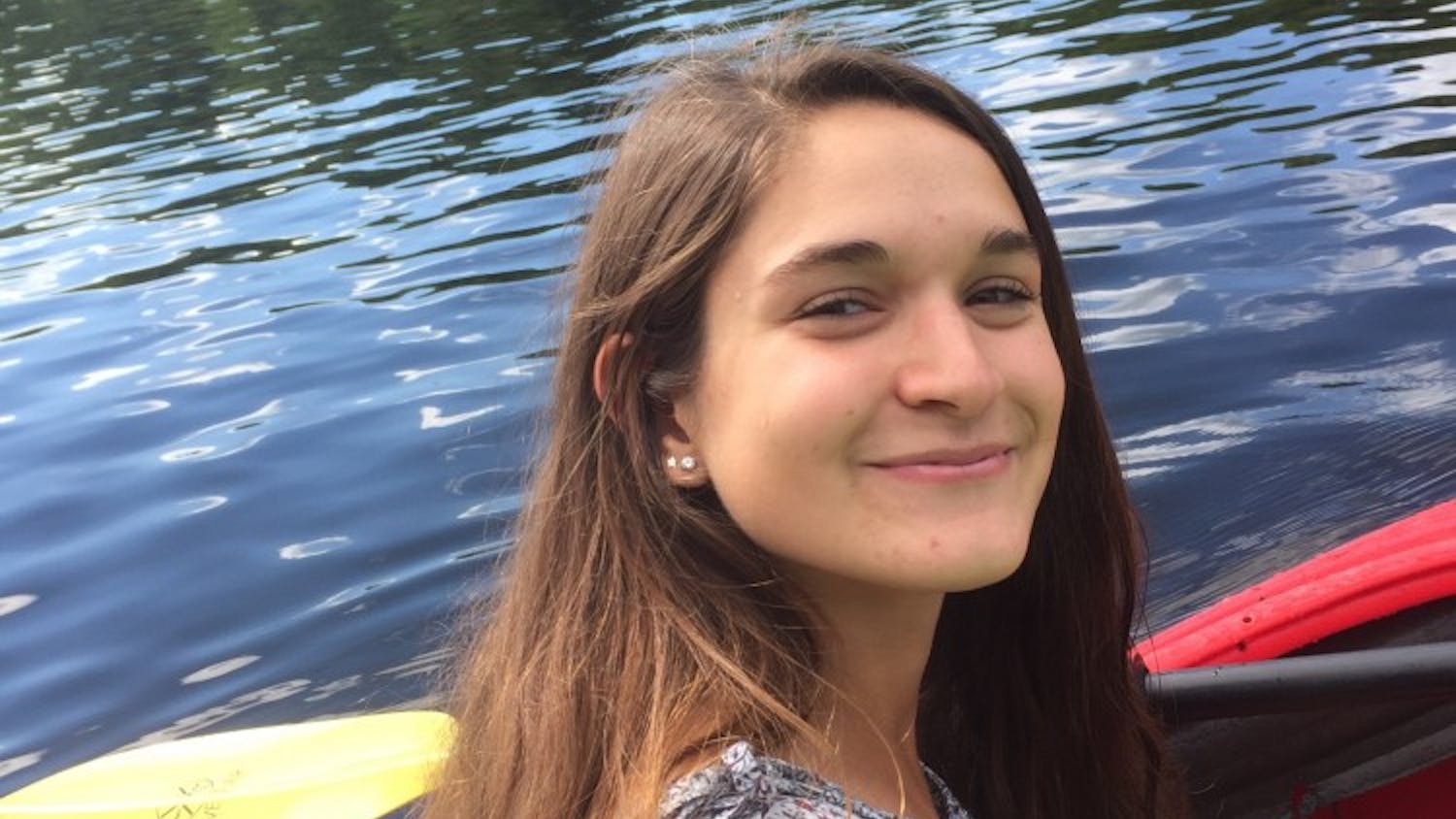As I sprint down the untamed grassy hill, I take a nervous look at the road below — people are looking for me, and I don’t know where they are. I’m more anxious than ever, but I know my friends have my back. The sun is blaring, and I’m utterly exhausted. The intensity builds, and all the anxiety, nervousness and exhaustion comes closing in on me. Then suddenly, right when I reach the tipping point, all that weight disappears, and I get the best news I’ve gotten in a while: “Warzone Victory.”
Looking back at these past few weeks of quarantine, getting my first victory in “Call of Duty: Warzone” with my best friends was probably one of the happiest moments I’ve had. And although that comment may sound shameful, it’s true. In desperate times, students like me are turning toward unconventional forms of communication to connect, socialize and achieve small victories. In other words, the breakout of COVID-19 has forced us to be creative in our interactions — we are appreciating human connection more than ever before.
When faced with the question, “What’s the happiest moment you’ve had during quarantine?”, most of the students I asked responded with moments that are surprisingly similar to my own. Some found happiness in getting over 2,000 views on TikTok, while for others, it was hopping on a Zoom call and playing some Jackbox games. Simply put, with physical interaction limited, people have been proactively finding ways to communicate with their peers through the internet. And while my sample of close friends isn’t meant to indicate every student’s experience, I’m speculating an intriguing trend: Given limited access to physical interaction, we are communicating more often, and in more ways than ever.
One of my best friends from home has found happiness in being able to talk to friends from home more regularly. I found this response to be admirably honest and very much in line with my own realizations — I live on the same street as him, and although I’ve seen him for less than an hour in the past month, we’ve talked more than we ever have. This is purely thanks to platforms like Discord and FaceTime. My friend and I have surprisingly increased our social interactions, despite the fact that we haven’t left our houses in weeks — and we aren’t the only ones doing this.
In fact, people all across the world and across demographic ranges are experiencing increases in online social interactions. For example, user numbers on WhatsApp, Facebook and Instagram increased significantly in the month of March. These platforms boasted a large overall usage increase in this period, particularly in the 18 to 34-year-old demographic, where growth exceeded 40 percent.
So when you take physical interaction out of the equation, online platforms that we were once told to avoid are now home to vibrant communities that, for some of us, are responsible for a great deal of our happiness during a time often short on joy. This observation speaks for itself — some recent headlines from various news outlets include “How social networks can do good while we’re all trapped indoors” and “Under quarantine, media is actually social.” With that said, I truly believe that we should treat these communication platforms with respect and embrace their efficacy.
In Karin Wilkins’ “The Handbook of Development Communication and Social Change,” she notes how “social communication has been a driving force in human survival in the process of natural evolution.” In other words, humans have an innate need to socially communicate, and perhaps this shift in means of communication is simply our natural instincts taking control. She continues to describe how “in the process of evolution reciprocal altruism has been essential because entirely selfish behavior does not serve survival.” When humans begin to take each other into account, we trend towards survival. So, when we join those Zoom calls, make those TikToks and get those Warzone victories, we aren’t just twiddling our thumbs trying to wait out COVID-19 — we’re actively seeking out new ways to communicate with our peers. We’re doing what we can to survive.



